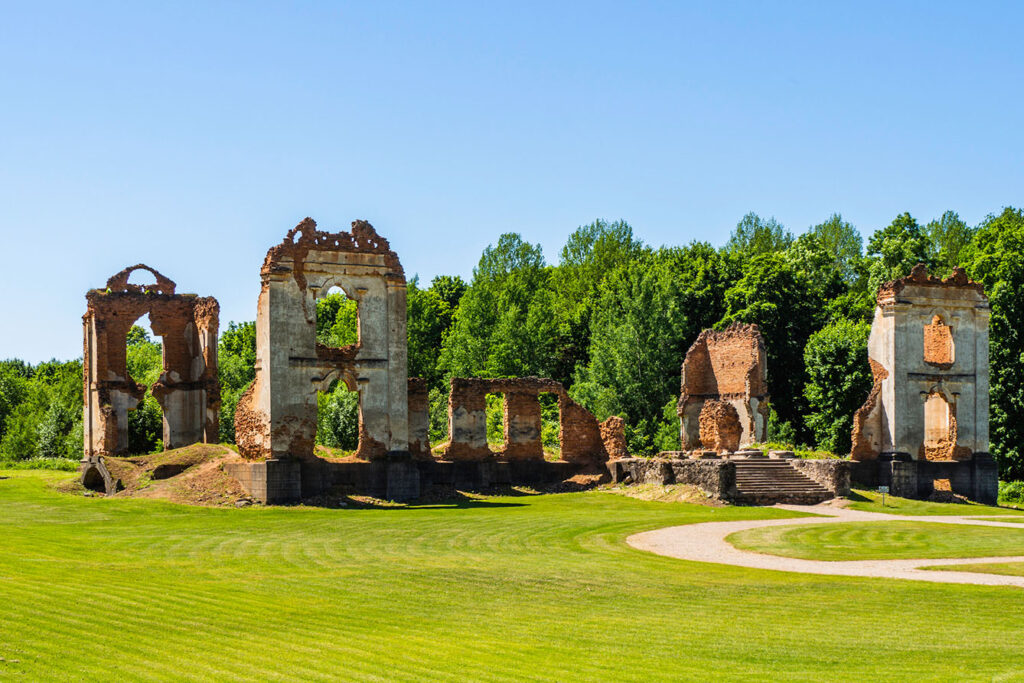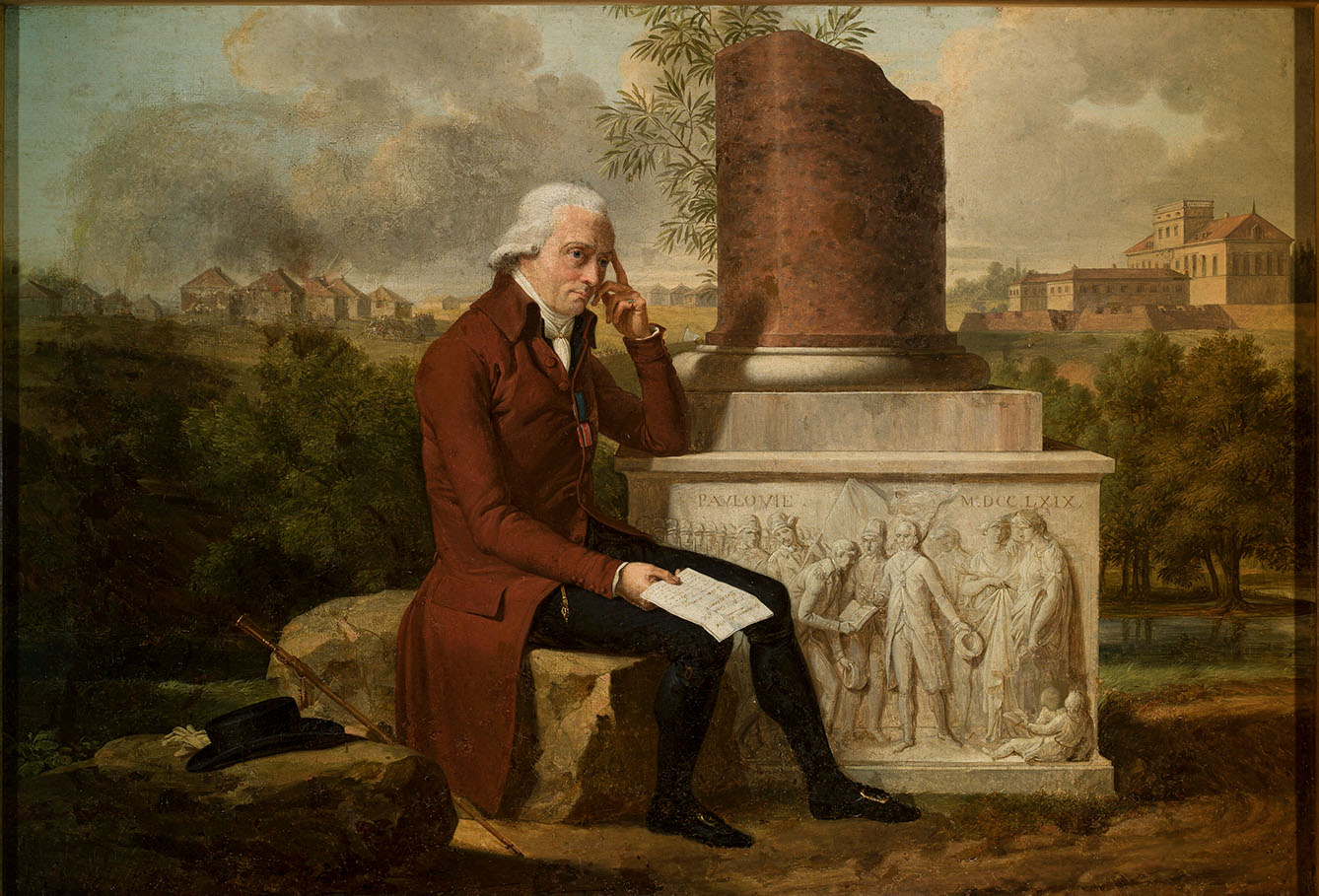What does it take for a society to become a country? Some territory, a government, a monetary system, an army, and international recognition. The Republic of Paulava had it all and more: a solid idea behind its societal organization. The Republic of Paulava, named after its founder Paweł Ksawery Brzostowski, came to being in 1769 in the Grand Duchy of Lithuania, part of the then-Polish-Lithuanian Commonwealth. It covered an area of some 30 sq. km, had 800 citizens, and lasted some 30 years – until the end of the Commonwealth when it was partitioned among three neighboring empires.
Paulava: country within the country
Brzostowski – a noble catholic priest and publicist, was active in the public life of the Commonwealth, bearing some titles in both church and aristocratic hierarchies. When he was thirty years old, he decided to declare his estate, which he had purchased, not inherited – as a separate country. He, fittingly, named the country the Republic of Paulava after himself.
The Republic had its own constitution, and Brzostowski became president. The country formed a parliament from its peasants. The latter became free, as one of the most shocking decisions in the eyes of Brzostowski’s fellow noblemen was abolishing peonage. The constitution of the Republic even predated that of Poland, adopted famously on 3 May 1791.
Republic in the feudal times
It seems that abolishing peonage and subsequent social reforms were a purpose in itself – or maybe an experiment in the spirit of Enlightenment. Not only did peasants become free men – but they were also free and encouraged to engage in trade and politics, paid taxes, and had access to healthcare.
It also established public schools for all – not only for the noblemen as was customary across the Commonwealth. Further to this, educational opportunities weren’t just for (former) peasants, but the privilege was also extended to women, which at the time was even more extraordinary.

The decision-making process was supported by public gatherings every four years. And if you think that the Republic of Paulava was just some form of elaborate co-housing, think again: it had a designated capital with a church, an inn, and public houses. There were also four villages within its borders. The last king of the Polish-Lithuanian Commonwealth, Stanisław August Poniatowski, recognized the country within the borders of his kingdom. It disintegrated only with the advent of the partitions of Poland.
Some of the civic spirit of the Republic’s citizens must have survived, though, because former citizens took part in the November Uprising against Russia in 1831. After it failed, the last remnants of the country were abandoned to history. While all that physically remains of the Republic are ruins near the Lithuanian village of Merkinė, some 35 km from Vilnius, the ahead-of-their-time concepts that governed this tiny enclave remain today.







